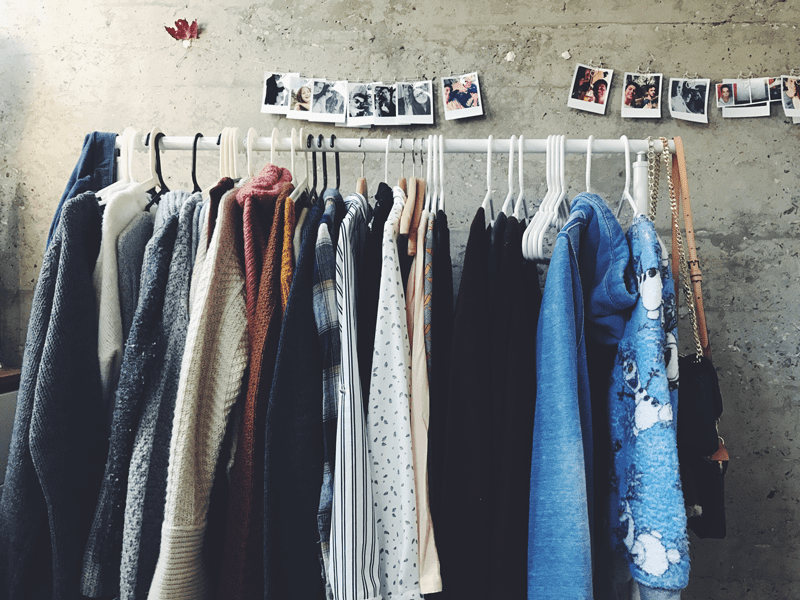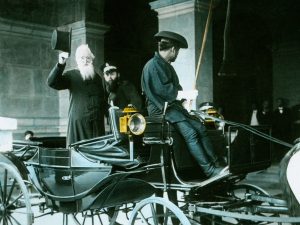The little things you can do to combat human trafficking in the fashion industry can make a big difference.
Who doesn’t love finding clothes for a cheap price? With advertisements flying at us to browse our favorite brand’s new line, it’s easy to forget to consider how these clothes are being made so quickly and cheaply.
Fast fashion has swept the western world and changed the way we shop. Many stores are now restocking their shelves every other week with new products or lines. Because of the high demand for new clothes, we’ve created a place for unsafe working conditions to thrive. But it doesn’t have to stay this way. Here are a few small action steps we can all take to change the fashion industry from the inside out.
1. Educate yourself – In this Tedx Talk, Heather Franzese, who at the time was a senior manager at FairTrade USA, challenges listeners to think about how our clothing is made. Once we become aware of the issue of underpaid and overworked people making our clothes, we cannot ignore it.
2. Encourage brands – Brands want to make their customers happy—it’s the only way they survive. So by contacting your favorite brand through email, calls, or even walking through the doors and speaking to a manager, you can raise your voice and express your desire to have them treat workers ethically throughout their production lines. It seems simple, but it works. The sad thing is, many retailers aren’t aware of where their cotton comes from. Or worse, they choose to keep the information private.
3. Look for clothing brands that have the Fairtrade label on them – To earn the Fairtrade label, companies have to prove that they support better wages and safe working conditions throughout the entire production line. The labels are clearly displayed on tags and packages, and you can search all certified products and companies on their website.
4. Use your voice – Share what you’ve learned on social media. Be an ambassador for companies that are committed to ethical employment throughout their entire production lines. The Social Justice Department for The Salvation Army Western Territory spent the month of February raising awareness of all sectors of human trafficking. SA Justice encourages customers to contact the brands they love through letters, calls, and even social media to express their desire for them to have a trafficking-free production line.
There is a temptation to believing that one person who commits to shopping ethically can’t make a difference. Don’t fall into this. Small actions can spark a big movement.












